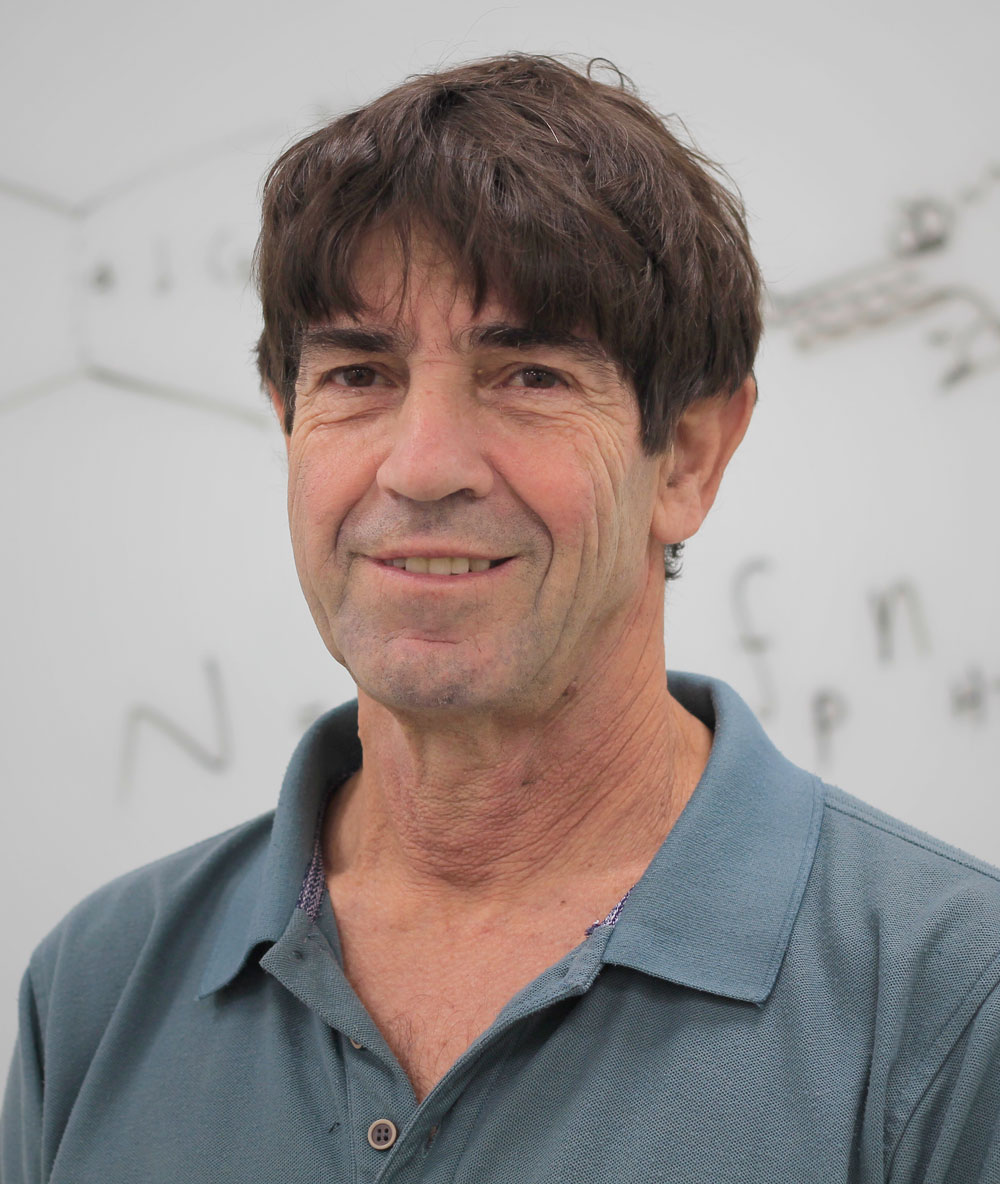NBIA Colloquium by Amri Wandel (Hebrew University)
Speaker: Amri Wandel (Hebrew University)
Title: Extending the Horizons for Searching Life in Space: Beyond the Limits of the Habitable Zone.

Abstract: The search for biology on other planets has never been more exciting and at reach. Powerful facilities like the James Webb Space Telescope (JWST) provide unprecedented resolution in analyzing spectra from exoplanets, perhaps even capable of detecting bio-signatures - signs of putative biology on habitable planets in distant solar systems. Habitability is linked with the presence of liquid water. The Habitable Zone (HZ) is defined as the circumstellar region where liquid water can exist on a planetary surface.
However, recent research has demonstrated that this definition of habitability may be too strict. Even on Earth life is not limited to liquid water on the surface but strives under polar ice and deep ocean hydrovents. Liquid water exists under a relatively thin ice cover on bodies in our Solar System like Enceladus and Europa, moons of Saturn and Jupiter, respectively.
Similarly, sub-glacial liquid water may be expected on exoplanets orbiting their host star outside of the conservative HZ. Wandel's recent research applies sub-glacial water and climate models on tidally locked planets to extend the circumstellar region where signs of life as we know it can potentially be detected, especially on planets orbiting Red Dwarf stars, which are the most common stellar type. Such planets are also particularly promising for biosignature detection using transmission spectra like those recently observed by JWST.
Brief bio-sketch: Prof. Wandel is an astrophysicist at the Hebrew University of Jerusalem. He is a leading researcher on massive black holes and active galaxies.
In the last decade, his research has focused on exoplanets and life in space. Since 2017 he has been the president of the Israel Society for Astrobiology and Origin of Life (ILASOL).
His course “Astrophysics and Life in the Universe”, which he developed and taught to thousands of students over the last 25 years inspired his recent textbook "Life in Space: Astrobiology for non-scientists" (Springer, 2024, coauthored with J. Gale).
Along with scientific articles, he writes for popular science magazines and is frequently interviewed by the media about astronomy and astrobiology.
